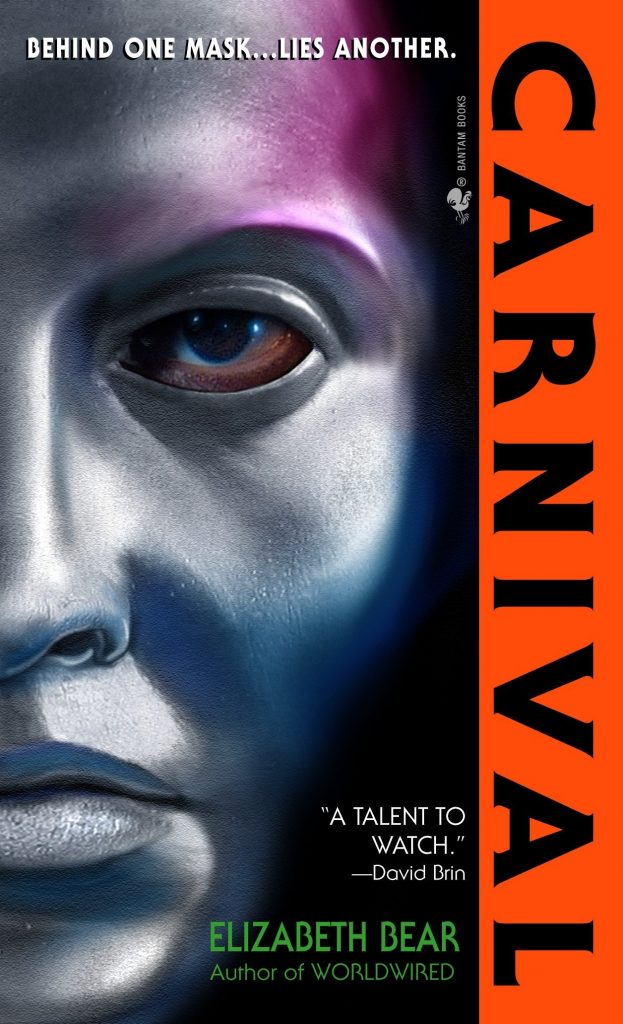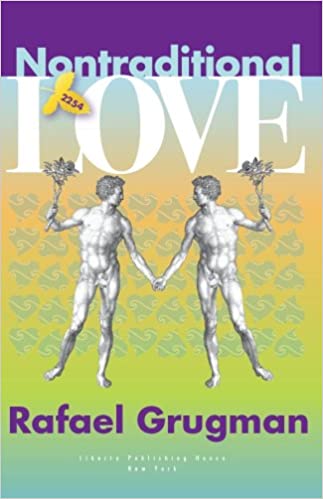Fantastical Fantasy: Implications in Modern Queer Literature
Allison Armijo // Blog Writer
Queer literature is fantastic, but why is it almost exclusively fantastical?
Elizabeth Whitney’s article, “Capitalizing on Camp: Greed and the Queer Marketplace,” does not directly approach this issue: it rather focuses on how queer content in a modern society is lucrative because heterosexist corporations establish such ideals as mainstream. In actuality, their subversion is what gives queer aesthetics their power. While reading, one quote really stood out to me: “Queer identity is acceptable as a product, as a performance that offers partial entry into the world of an ‘other,’ as long as this performance remains under the unpredictable jurisdiction of heteronormativity” (38). Whitney’s observations about the heteronormative approach to queer outlets allowed me to consider how such approaches are seen in other forms, like literature. After all, there are many types of queer expression: some are public, like drag, and some are private, like literature or poetry. I wondered if this “public versus private” approach was revealed through texts, or if heteronormative ideals still crept through.

Let’s take, for instance, some popular examples of queer literature. Carnival by Elizabeth Bear approaches sexuality from a fantasy world’s perspective, as the characters exist in a world with a single gender.

Similarly, Rafael Grugman’s Nontraditional Love is a dystopian novel that reverses societal expectations for relationships, as everything is homonormative rather than heteronormative. The list of fantastical queer literature goes on and on, and I can attest from personal experience that this genre is at the forefront of the queer sections of many local bookstores.
That’s not to say that all queer literature lies in the fantasy genre; after all, there is Oranges Are Not the Only Fruit and Giovanni’s Room, as well as many autobiographies by famous queer icons. However, I notice that the fantasy genre has become a trend in modern queer literature. And once I noticed this, I had to ask myself, what does it mean? Then, I made the connection to Whitney’s article. Whitney specifically argues that queer culture has become increasingly profitable in a modern society because “camp” aesthetics face mainstream assimilation, and what was once considered a cultural phenomenon is now a performative spectacle that allows a heteronormative audience to “peer into” a world that is more fantasy than reality. This got me thinking about what an increasingly fantastical genre like queer literature implies about queerness in a modern society. In other words, are such publications beneficial or detrimental?
On one hand, it can be argued that by pigeonholing queer literature into the fantasy genre, queer individuals are inaccurately portrayed to modern audiences. Likewise, I believe that such genres can communicate the message that queerness only exists in a fantasy world and is not realistic. While this assumption can negatively impact young audiences, it can also offer individuals an outlet to express, or relish in, their sexuality. I do not mean to say that all queer literature is fantastical, nor do I assert that queer literature within the fantasy genre is detrimental to the representation and growing inclusivity of queer individuals. Rather, I mean to point out a pattern I see in modern queer literature and offer a precarious forecast.
Overall, I think it is up to the reader to decide how queer literature affects them. I think that is also the beauty of camp aesthetics: everything is expression, everything is subjective. But it is how you interpret such literature that reveals your perspective on the genre as a whole. So, yes, queer literature can be fantastical, but as a whole, it is simply fantastic!
